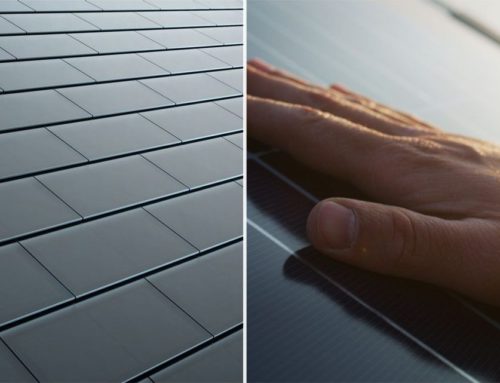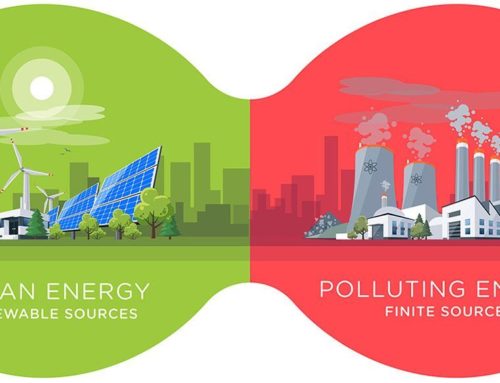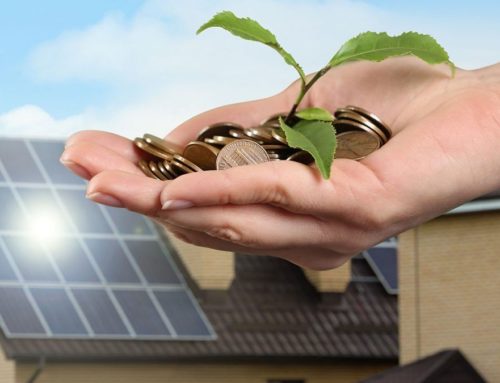Many homeowners make the big switch to solar energy because of the significant cost savings that come with it. Depending on where you live and the utility company you use, it’s even possible to sell back unused electricity that your system produces.
However, the impact of solar energy isn’t limited to one’s pockets. The numerous benefits of solar energy to the environment have made it the preferred option of eco-conscious consumers.
Here’s what you need to know about the true environmental impact of going solar.
Does Solar Energy Affect the Environment?
Yes, solar energy affects the environment, but in a good way. It produces clean, renewable, and emission-free power, reducing pollution and other negative effects of fossil fuel-generated electricity.
Below is a deeper look at how solar energy helps the environment.
4 Positive Effects of Using Solar Energy on the Environment
1. Alleviates the Impact of Climate Change
One of the benefits of solar energy to the environment is mitigating climate change, but how exactly does it do that?
Greenhouse gas emissions, which are often the result of fossil fuel burning, trap heat in the atmosphere. This contributes to global warming and more volatile weather.
When you put solar panels on your home, the power they generate does not produce greenhouse gas emissions.
With that said, no human activity is completely harmless to the environment. Solar panels emit about 50g of CO2 per kilowatt-hour during their first few years of operation, based on the CO2 generated during the manufacturing process. Meanwhile, electricity derived mostly from fossil fuels like coal, petroleum, and natural gas emits about 0.92 lbs (417g) of CO2 per kilowatt-hour—far more than that of solar panels.
Furthermore, after one to four years the energy payback of a solar panel system is excellent. At this point, the system becomes carbon neutral for the rest of its useful life. Considering solar panels last for more than 20 years, you would dramatically reduce your carbon footprint.
2. Minimizes Air Pollution
Greenhouse gas emissions produced from the burning of fossil fuels not only cause global warming but also pollute the air. Along with fine particulate matter, pollutants like carbon dioxide, sulfur dioxide, and nitrogen oxides increase the risk of respiratory health issues and make the air more toxic.
Choosing solar energy as a power source makes the air quality a little better than before.
3. Decreases Dependence on Non-Renewable Resources
Fossil fuels are a limited source of energy. As they diminish year after year, environmental harm occurs, as do market price fluctuations.
Harnessing readily available sunlight to generate power reduces your dependence on non-renewable sources, preventing further environmental damage caused by extracting and mining.
4. Preserves the Ecosystem
Besides fossil fuels, energy sources like hydropower and nuclear energy require a significant amount of water to operate. Constructing a dam to control water flow can sometimes harm the local ecosystem.
Investing in solar panels to power your property helps maintain the ecosystem—solar energy generates electricity without water and without markedly changing the surrounding environment that affects the natural habitat of plants and animals.
We Make Going Solar Worth It
The many benefits of solar energy to the environment make it a worthy investment. Let Smart Wave Solar help you decide between an emergency power system or a complete solar panel installation for your home. Contact the professionals to get a free quote today.





